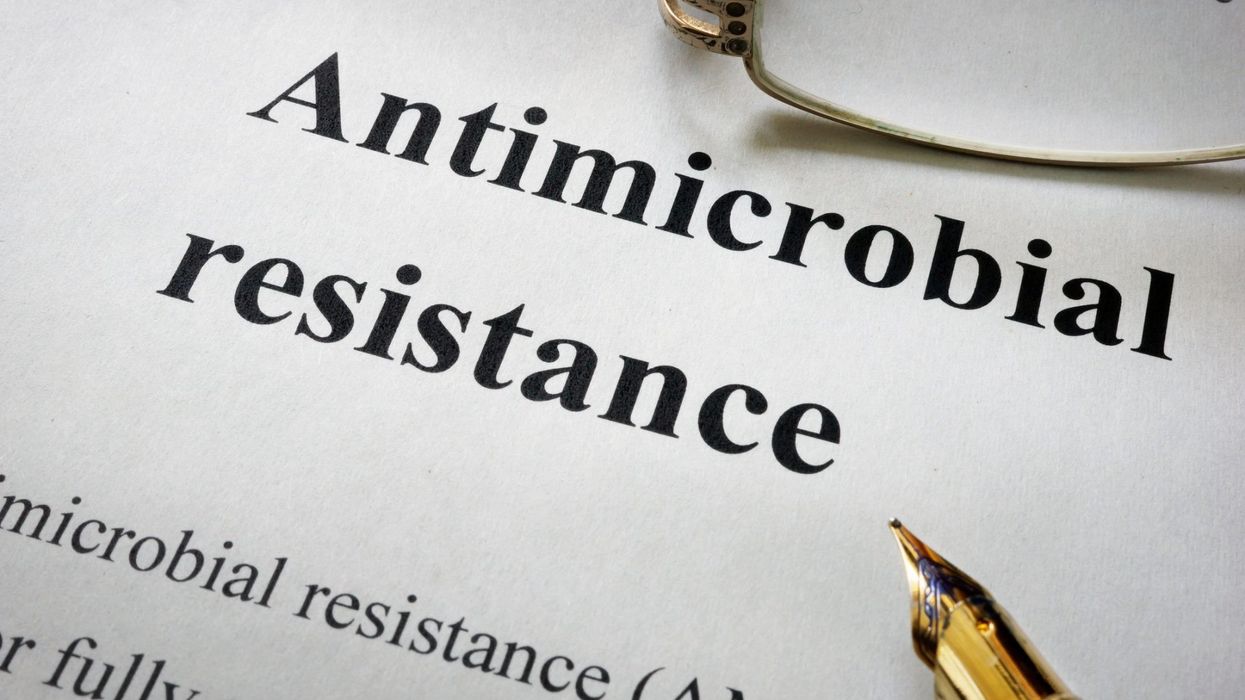The National Institute for Health and Care Excellence (NICE)'s independent committee has called for more research to ensure liposuction for treatment of chronic lipoedema is safe and effective enough for use on the NHS.
Lipoedema is more prevalent in women and very rarely affects men. It is characterised by an abnormal, usually symmetrical, accumulation of fat in the legs, hips, buttocks, and occasionally arms. It is a separate condition to obesity and lymphoedema.
The cause of lipoedema is unknown, but hormonal changes, weight gain and genetics are thought to be involved. The size and shape of legs, and the resultant mobility issues and pain, can have a profoundly negative effect on quality of life, and physical and mental health.
The interventional procedures advisory committee reviewed evidence from several sources, including eight before-and-after studies. The committee was informed that several different liposuction techniques are used and that they may have different safety and efficacy profiles.
From the evidence presented, the committee believed that the evidence on the safety of the procedure is inadequate and also raises concerns of major adverse events such as fluid imbalance, fat embolism, deep vein thrombosis, and toxicity from local anaesthetic agents. The evidence on the efficacy of the procedure is also inadequate, based mainly on retrospective studies with methodological limitations.
However, evidence from a randomised controlled trial currently taking place in Germany could provide better evidence in support of the use of liposuction for the treatment of chronic lipoedema.
NICE will review its guidance upon the publication of evidence from the German trial.
Jeanette Kusel, interim director of MedTech and digital at NICE, said: “The committee’s focus is to ensure that procedures are safe enough and work well enough to be used by surgeons in the NHS. On this occasion the published evidence is not strong enough which is why they have called for further research.
“We know many people with this painful and debilitating condition will be disappointed by this decision. Patient groups have actively engaged with this topic throughout the appraisal process and put forward a strong case for a positive recommendation because there are very few treatment options.
“We would like to make a more positive recommendation, but we cannot compromise on safety. The committee hopes that a randomised controlled trial currently taking place in Germany will provide them with the high-quality evidence they need. Once the study has reported its findings, we will review our guidance.”
NICE interventional procedures guidance applies to the whole of the United Kingdom.











